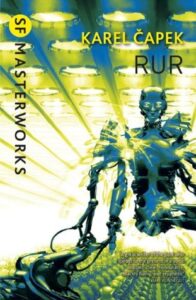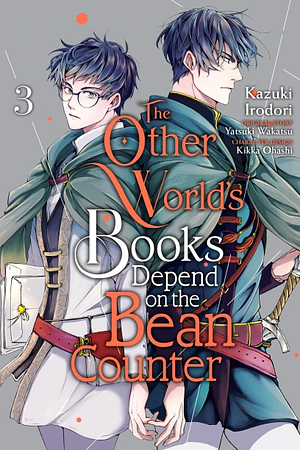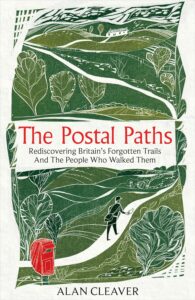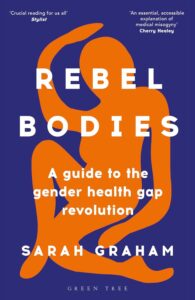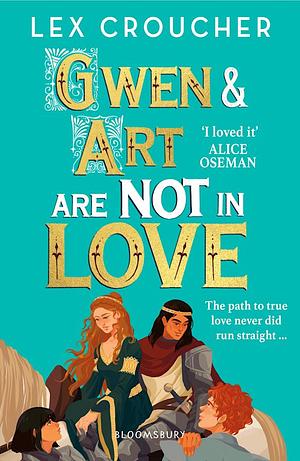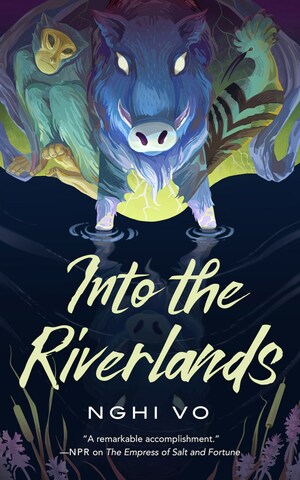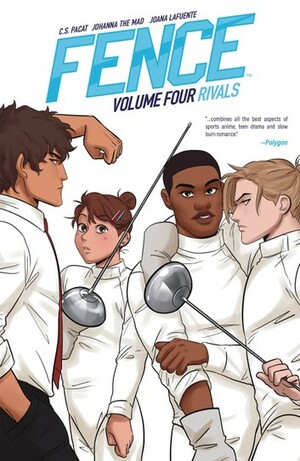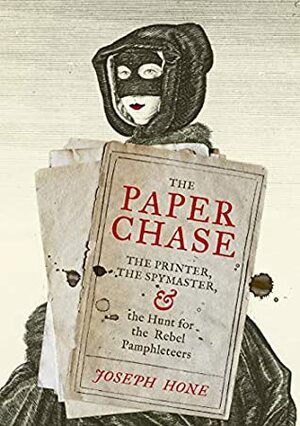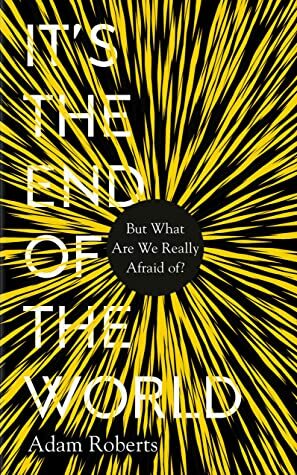
It's the End of the World: But What Are We Really Afraid Of?
by Adam Roberts
Genres: Non-fictionPages: 202
Rating:

Synopsis:A trailblazing and highly topical look at how - and why - we imagine the world is going to end.
Are we doomed? Is an almighty power or an earth-shattering meteor waiting for us just around the corner?
In this thought-provoking book, Professor Adam Roberts explores our many different cultural visions of the end of the world - likely and unlikely, mundane and bizarre - and what they say about how we see ourselves and our societies. What is it is that we are really afraid of? An uncaring universe; an uncontrollable environment; the human capacity for destruction; or just our own, personal apocalypse - our mortality?
From last man and dying earth fiction to zombies swarming on screen and the ruined landscapes of immersive gaming, via sweeping contagions, invading aliens, falling bombs and rising robots, buckle up for the end of the world.
I felt like Adam Roberts’ It’s The End of the World: But What Are We Really Afraid Of? was less insightful than I’d hoped. It uses a few examples per chapter to discuss various kinds of apocalypse stories and why we’re fascinated by them, but it mostly seemed pretty obvious — though this might in part be due to my background in literature, so it may be more exciting/surprising to someone who hasn’t really explored the idea before.
I think Roberts should proooobably stay in his lane, though, since he opines on epidemiology without apparently doing any research, suggesting that globalisation reduces the risks of disease spreading:
As the global population increases, and as globalisation mixes up populations, epidemics have less bite, thanks to a better understanding of how to prevent the spread of disease, and the twinned healthcare countermeasures of immunisation and the improved treatment of those who fall sick.
The global population increase contributes to people being packed in closer together in cities, which makes epidemics more risky. The mixing of populations increases the risk of transmission between groups that wouldn’t have formerly come into contact. The expansion and mobility of the population encroaches further and further on the remaining “wild” areas, which lead to people being more in contact with animals who may harbour zoonotic diseases. We don’t have vaccines for diseases we’ve never encountered before, and those definitely still exist. We don’t have good treatments for many of the diseases we already know about, let alone ones we’ve never encounted or have never encountered at scale.
He’s just wrong in basically every way to say this, and he should probably stick to literary criticism rather than casually spread misinformation. He also later says that:
No plague will kill 4,999 out of every 5,000 humans — as we’ve seen [from SARS-CoV-2], even if the numbers are high, in terms of percentage of population it’s likely to be very low.
I don’t want to get on my soapbox for too long about a short chapter in a short book about science fiction, but I feel like this kind of pronouncement is so naive and such a threat that it needs calling out every single time. SARS-CoV-2 didn’t prove that there will never be a more dangerous pandemic. That we’ve survived this one doesn’t mean we’ll survive the next.
So, overall a bit disappointing, this one. By the nature of the beast, he also missed out many really great examples, but I wouldn’t ding him for that; mostly I just feel that it didn’t go very deep into this stuff, and that he should stay in his lane.

